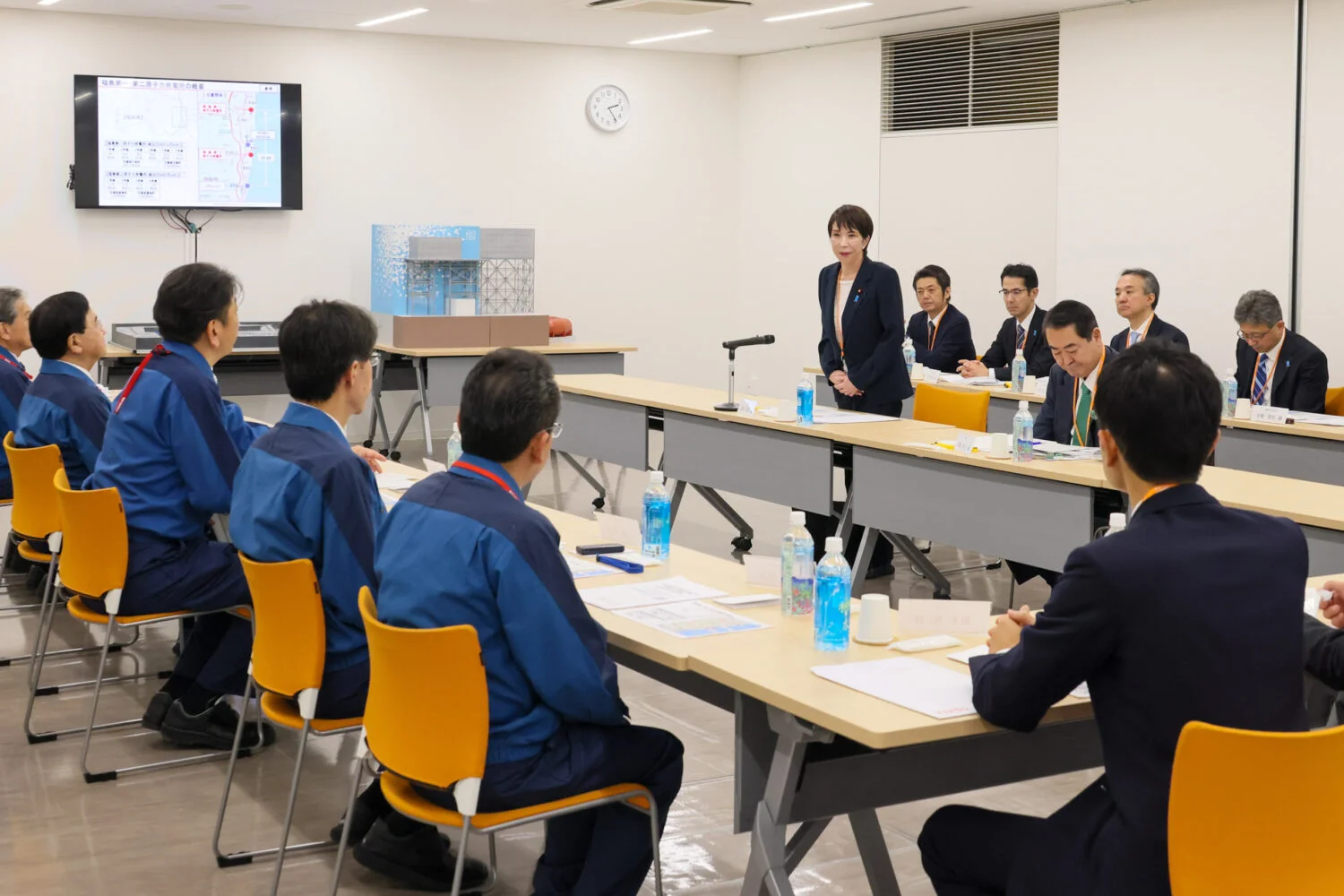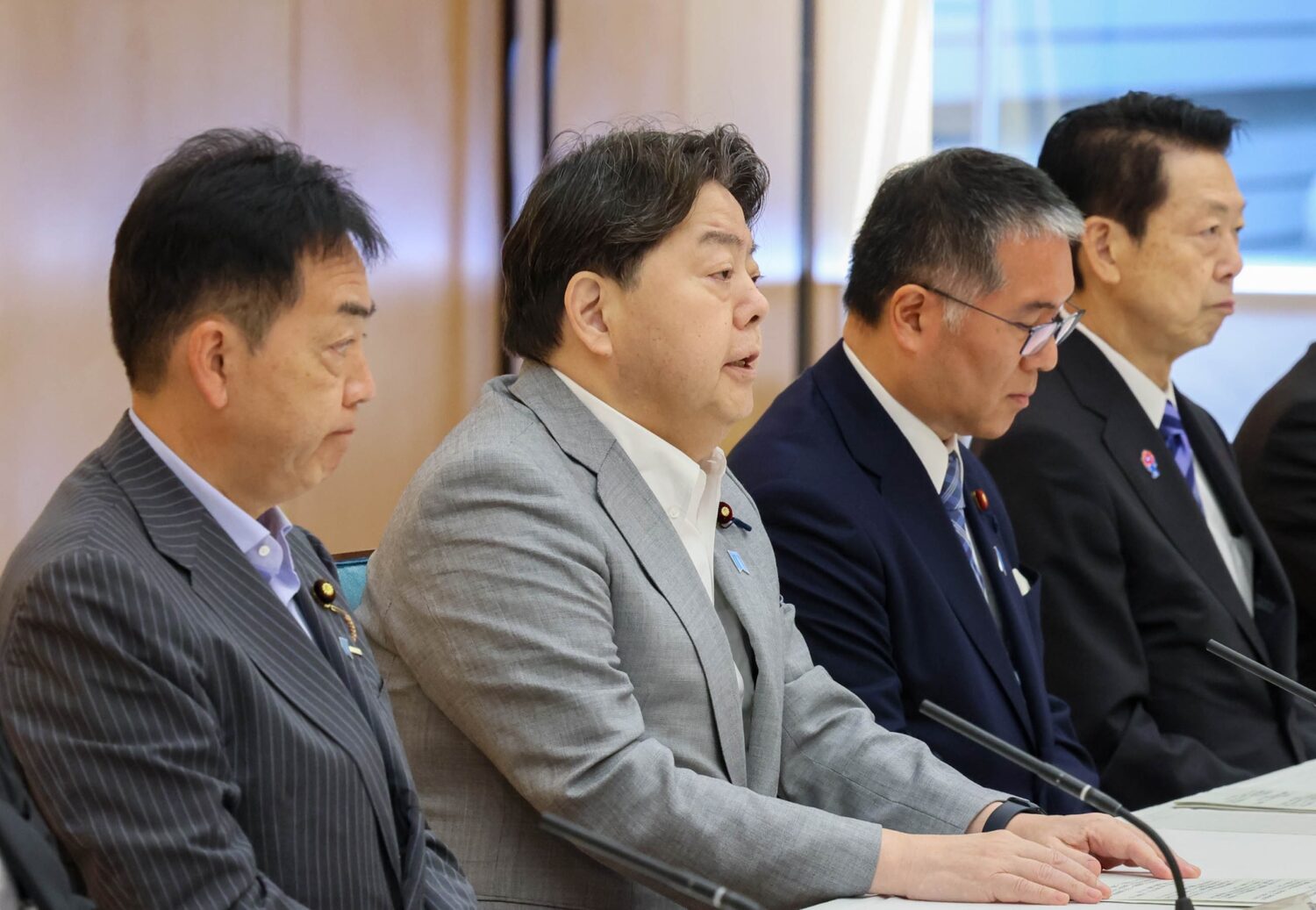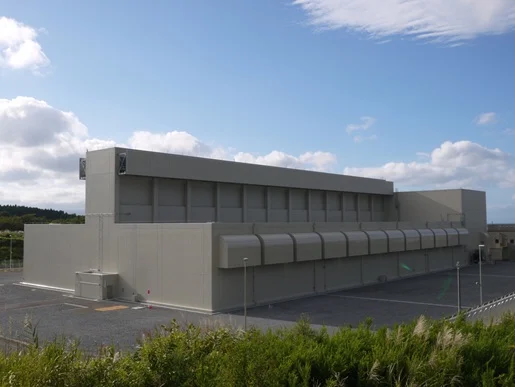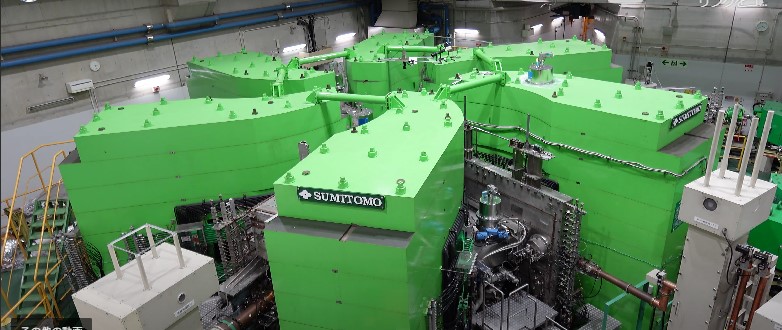He continued by saying that “it is quite regrettable that no explanation has been given in spite of our asking repeatedly.” Hayashi added that Japan would consider how to deal with the issue, including possibly bringing the case before the World Trade Organization (WTO).
Immediately after the Fukushima Daiichi accident in March 2011, Taiwan banned imports of food products from the five Japanese prefectures of Fukushima, Ibaraki, Tochigi, Gunma and Chiba.
Under the new regulations to take effect on May 15, however, all importers of Japanese food products into Taiwan will be required to present certificates of origin proving the prefecture from which the products came.
Radiation inspection certificates will also be required for imports of “products from high risk areas,” that is to say, more than 800 items in three classifications (including marine products, tea and baby food) from specified areas, such as Tokyo and Shizuoka.
No details of the procedures for the new measures have been decided yet, because of a conflict in opinions between authorities in Taiwan and Japan. Accordingly, the imports of virtually all Japanese food products into Taiwan is halted temporarily.
According to the Japanese Agriculture Ministry, Taiwan is one of the major customers of Japanese food imports, ranking third after Hong Kong and the United States. Its purchases last year were valued at JPY83.7 billion (USD703 million at USD1=JPY119).
Japan has continually urged Taiwanese authorities to lift the import restrictions completely. According to the ministry, 13 of the countries that imposed restrictions after the Fukushima Daiichi accident have lifted them since: Canada, Myanmar, Serbia, Chile, Mexico, Peru, Guinea, New Zealand, Colombia, Malaysia, Ecuador, Vietnam and Australia.
Meanwhile, the first and only country to have tightened its restrictions imposed after the March 2011 earthquake is South Korea, which decided in September 2013 to embargo all marine products from Fukushima and seven other prefectures.
Japan has adopted a vigorous stance in resisting Taiwan’s tightening of regulations, insisting that there is no scientific basis for it. Out of the some 69,000 food items that Taiwanese authorities inspected from March 2011 to the end of April 2011, not one was found to have a radiation level higher than limits set by either Japanese or Taiwanese regulations.












